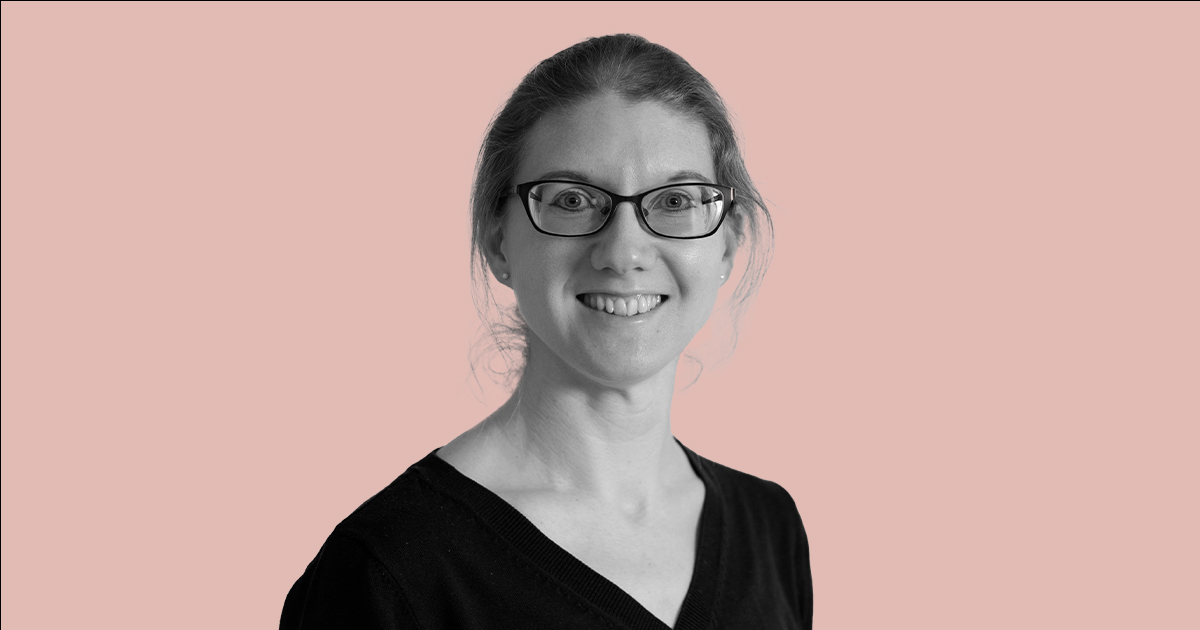By Birgitte Svennevig, birs@sdu.dk
Why did you become a researcher?
Partly because I was very interested in the natural world when I was young. But mainly because I have an insatiable curiosity! There are not many careers that encourage and reward curiosity in the same way as a research career does.Which other career did you consider?
Education. If I had not managed to secure a faculty position, I would have become a high school science teacher.What occupies you at the moment?
In practical terms, I’m very occupied with hiring my first postdoc right now and getting two projects written up into papers before teaching kicks off next semester.
In scientific terms, I am quite occupied with a project, where we are doing complete genome sequencing of a new bacteriophage (a virus which infects bacteria) that we have discovered.
We isolated it from an Odense river as part of a student project and have discovered quite a few interesting things about it through studying its genome sequence. It’s very nice to see something like this start as an undergraduate student project and end as a scientific publication.
Which question would you really like to find an answer to?
I would like to know how we can overcome the barriers to using bacteriophages as treatment of bacteria infections more widely. In most western countries, they are authorized for last-resort use only. But I believe they have a huge potential as antimicrobial agents, either alone or in addition to antibiotics.
They have the advantage that as bacteria evolve resistance mechanisms, the bacteriophages can evolve right back! However, there is still a lot about the interactions between bacteria and bacteriophages that we do not know, especially because the mechanisms can be different for each bacteria-bacteriophage pair.
What is the biggest breakthrough in your field ever?
The discovery of CRISPR-Cas genome editing, which earned the Nobel prize for Emmanuelle Charpentier and Jennifer Doudna a few years ago. With this technique you can add, delete or alter genetic material in a genome.
Not many know that the technique was originally developed from a naturally occurring system that bacteria use as an immune defense against bacteriophages, where they edit their own genome to include a small segment of bacteriophage DNA in it.
It works a bit like acquired immunity, for example by vaccination, in humans: each time a bacterium with this system is attacked by a bacteriophage, it “immunizes” itself against future infections with the same bacteriophage. Before this discovery, no-one knew that such simple cells could deploy such a complex system to protect themselves.
How do you hope that others can benefit from your research?
I hope that studying the fundamental mechanisms of how bacteria respond to stress (either antibiotic stress, or bacteriophage infection stress) can identify the drug targets of the future.
At the moment, there is a large range of antimicrobial drugs in clinical use, but they attack only a limited number of targets inside pathogenic bacteria. Alternative targets will help develop new drugs, that bacteria have not developed resistance mechanisms towards yet.
Which other research field fascinates you the most?
Diabetes and human metabolism. I worked in this field for a short time and still find it fascinating both when metabolism functions well and when it goes wrong. It is also now combining with my interest in microbiology, as people discover more and more about the impact of the gut bacteria on human physiology and how important they are for general (not only digestive) health.What do you have in your office, that most other people don’t?
A watercolour painting of my favourite model organisms (the bacterium Caulobacter crescentus and a bacteriophage). It was painted by a student as a thank-you gift at the end of a MSc project.
